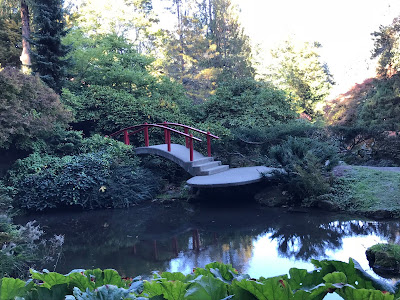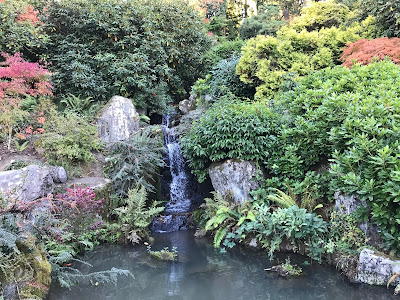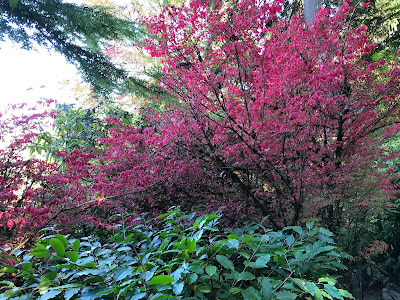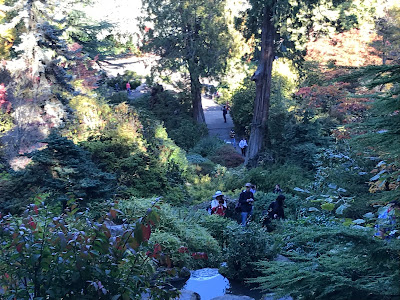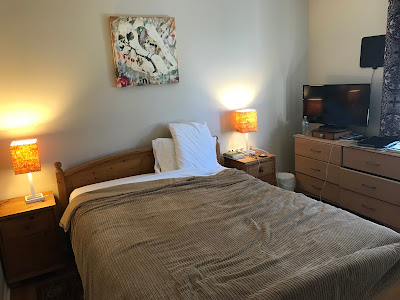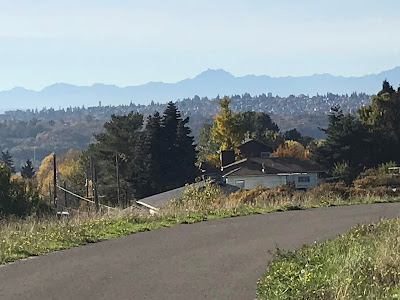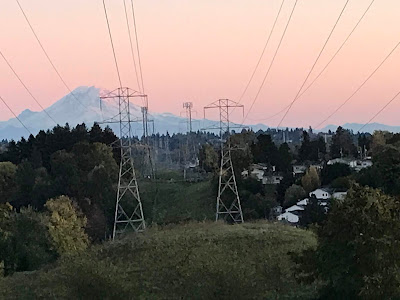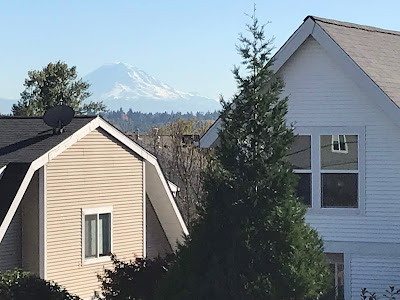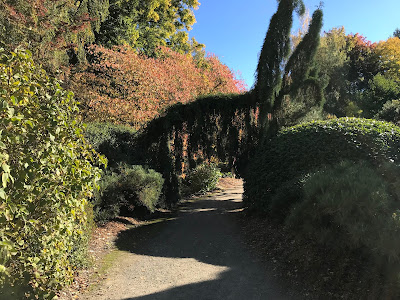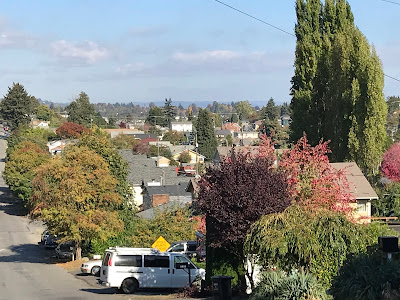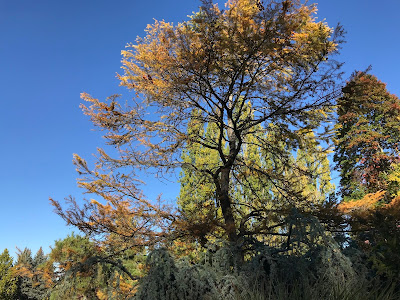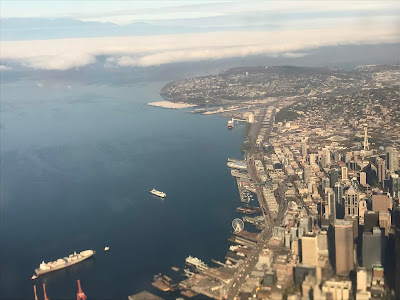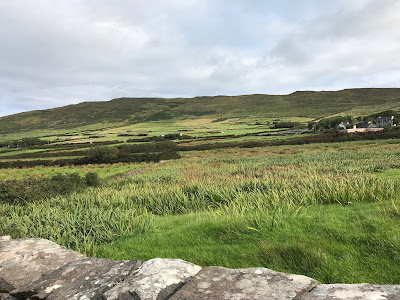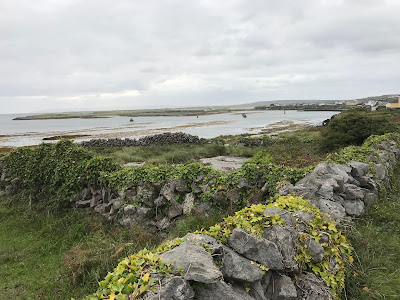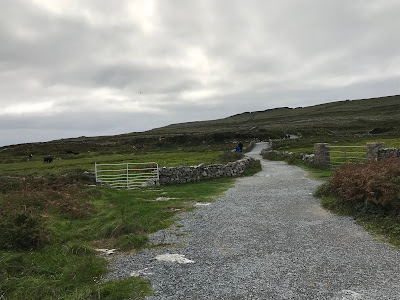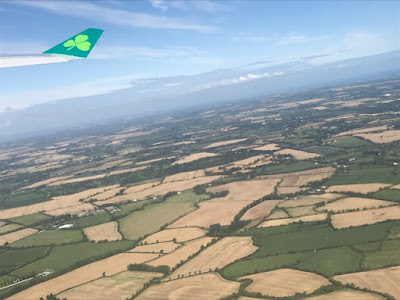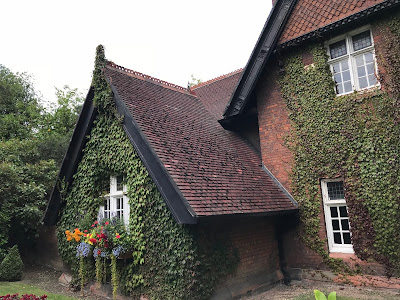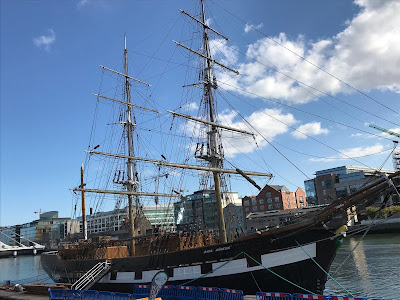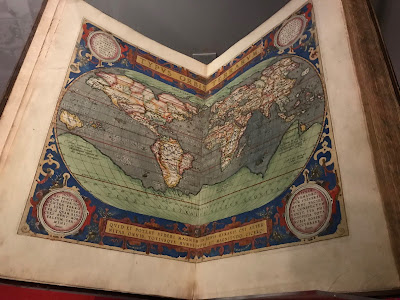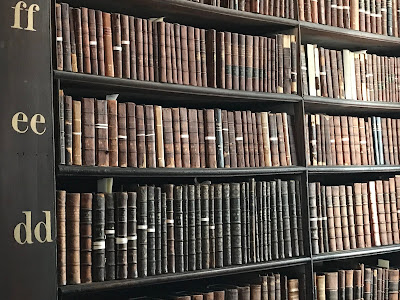Kubota Garden
It’s where Seattle goes on a sunny day … or at least it felt that way last Sunday. There were lovers and families and dog walkers. The elderly in wheel chairs and walkers. Cameras with tripods, their earnest photographers snapping shots of engaged couples and even a bride.
Kubota Gardens is an oasis of green in the midst of the city. Even a city as green as Seattle, one nestled between water and mountains, needs the relaxation potential of an urban park. Kubota satisfies all the senses: the splash of water, the aroma of autumn leaves — and everywhere, flaming foliage, artful arrangements of flower and leaf and grass.
I did a lot of people watching on Sunday, a lot of strolling and stopping, a lot of deep breathing. It was just the respite I needed before a hectic week.
